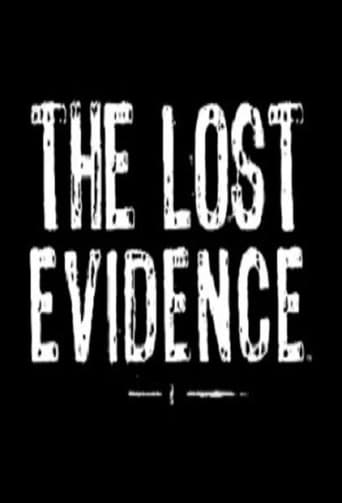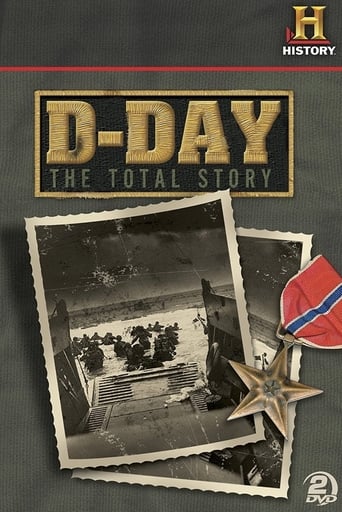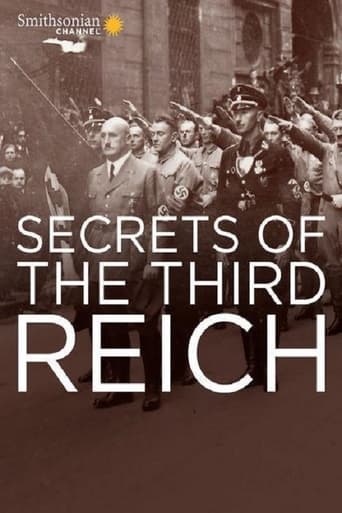The Lost Evidence Season 1

The Lost Evidence is a television program on The History Channel which uses three-dimensional landscapes, reconnaissance photos, eyewitness testimony and documents to reevaluate and recreate key battles of World War II.
Watch NowWith 30 Day Free Trial!
The Lost Evidence
2005 / TV-PG
The Lost Evidence is a television program on The History Channel which uses three-dimensional landscapes, reconnaissance photos, eyewitness testimony and documents to reevaluate and recreate key battles of World War II.
Watch Trailer
With 30 Day Free Trial!
The Lost Evidence Season 1 Full Episode Guide
A detailed look at the invasion of Okinawa, the last great battle of World War II and the largest amphibious assault of the Pacific campaign. In the 82-day battle of attrition, more than 200,000 people died, including many Okinawan civilians.
A detailed look at the recapture of the heavily-defended island of Guam, the first American territory to fall to Japan early in World War II. Guam's airstrips were strategically important because the island lies only 1400 miles from the Japanese home islands.
A detailed look at the Battle of Leyte Gulf, the largest naval battle in world history. For the first time in the Pacific war, kamikaze suicide attacks were used against the Allies. After the battle, the Japanese surface fleet ceased to be an effective force for the rest of the war.
A detailed look at the 24-day battle for the island of Saipan, the first time U.S. soldiers invaded Japanese soil, and the naval Battle of the Philippine Sea, known by the Americans as the "Great Marianas Turkey Shoot".
A detailed look at the battle for the tiny Pacific island at Tarawa atoll, one of the bloodiest battles in American history. During the 76-hour conflict, 6,000 men (including 1,000 Americans) were killed and 2,000 wounded.
A detailed look at the land and naval battles for the island of Guadalcanal, the first American invasion of the Pacific war.
A detailed look at the invasion of the island of Iwo Jima, a 36-day battle of attrition that left 6,000 Americans and 20,000 Japanese dead. The island was strategically vital due to its position midway between Japan and American air bases in the Marianas. Iwo Jima served as an emergency landing site for 2,200 aircraft by the end of the war.
A detailed look at the Japanese attack on the naval and air bases of Pearl Harbor, Hawaii on December 7 1941.
Free Trial Channels
Seasons





























